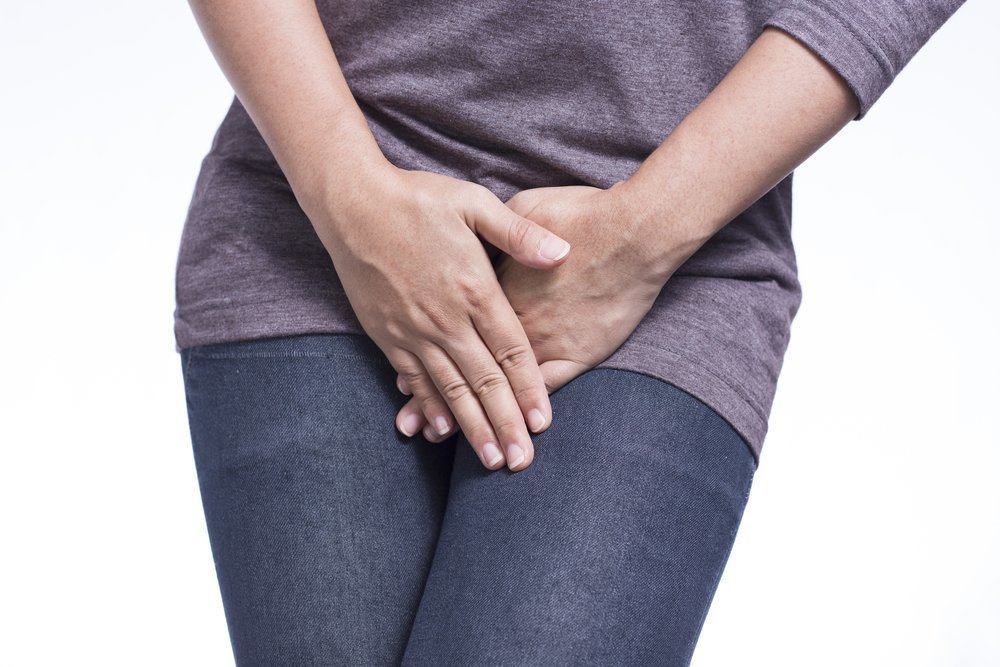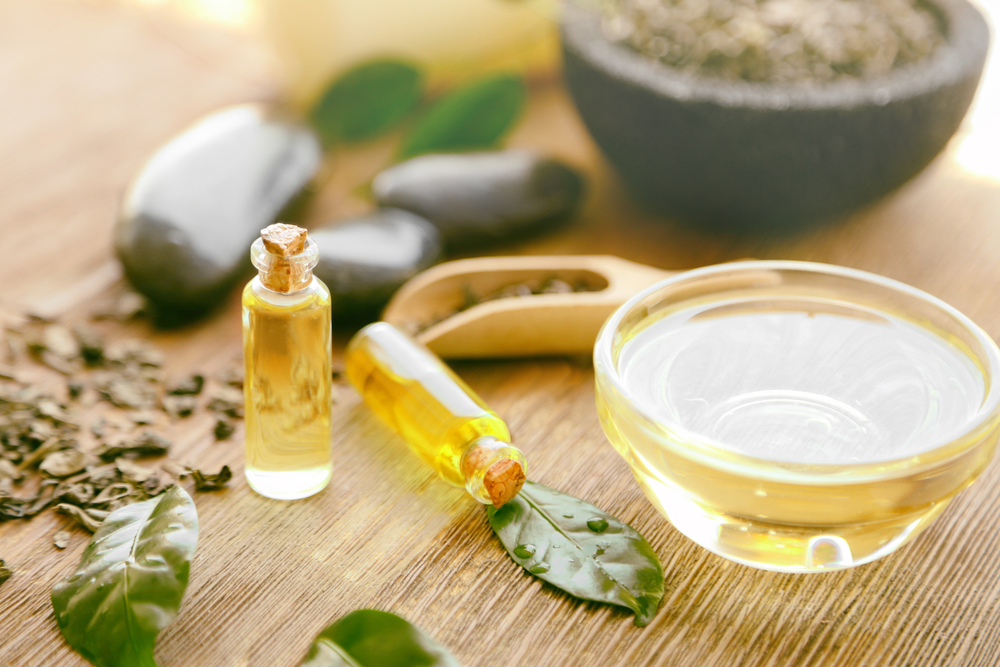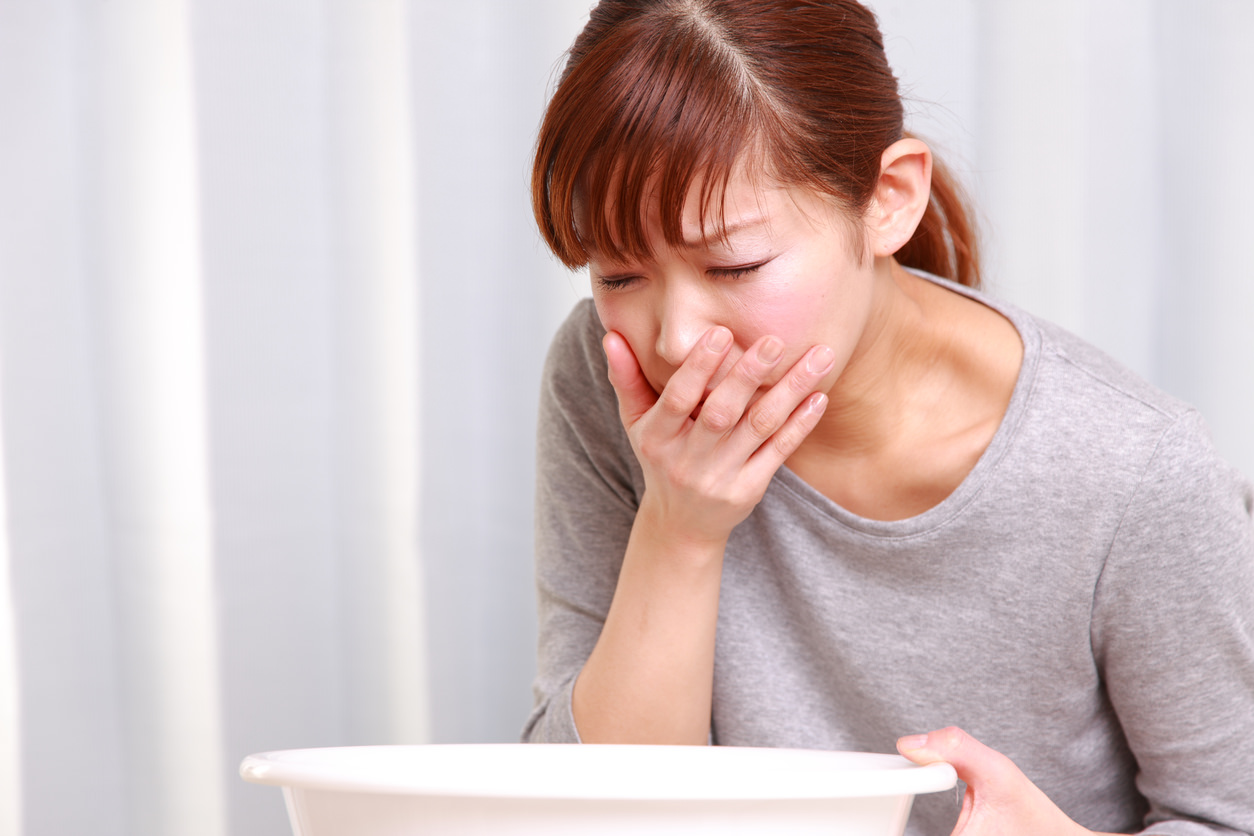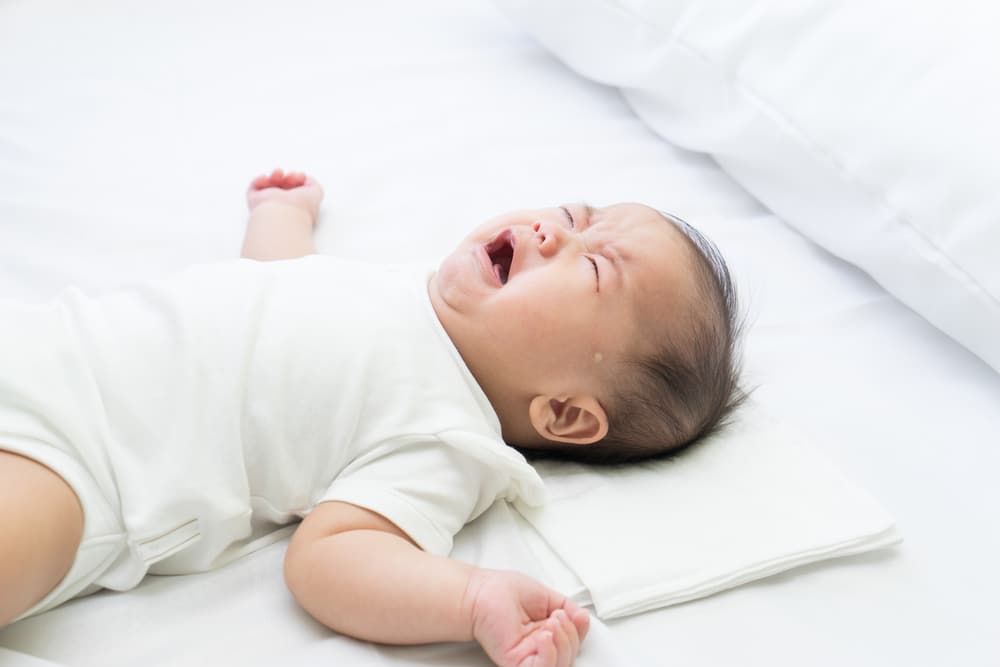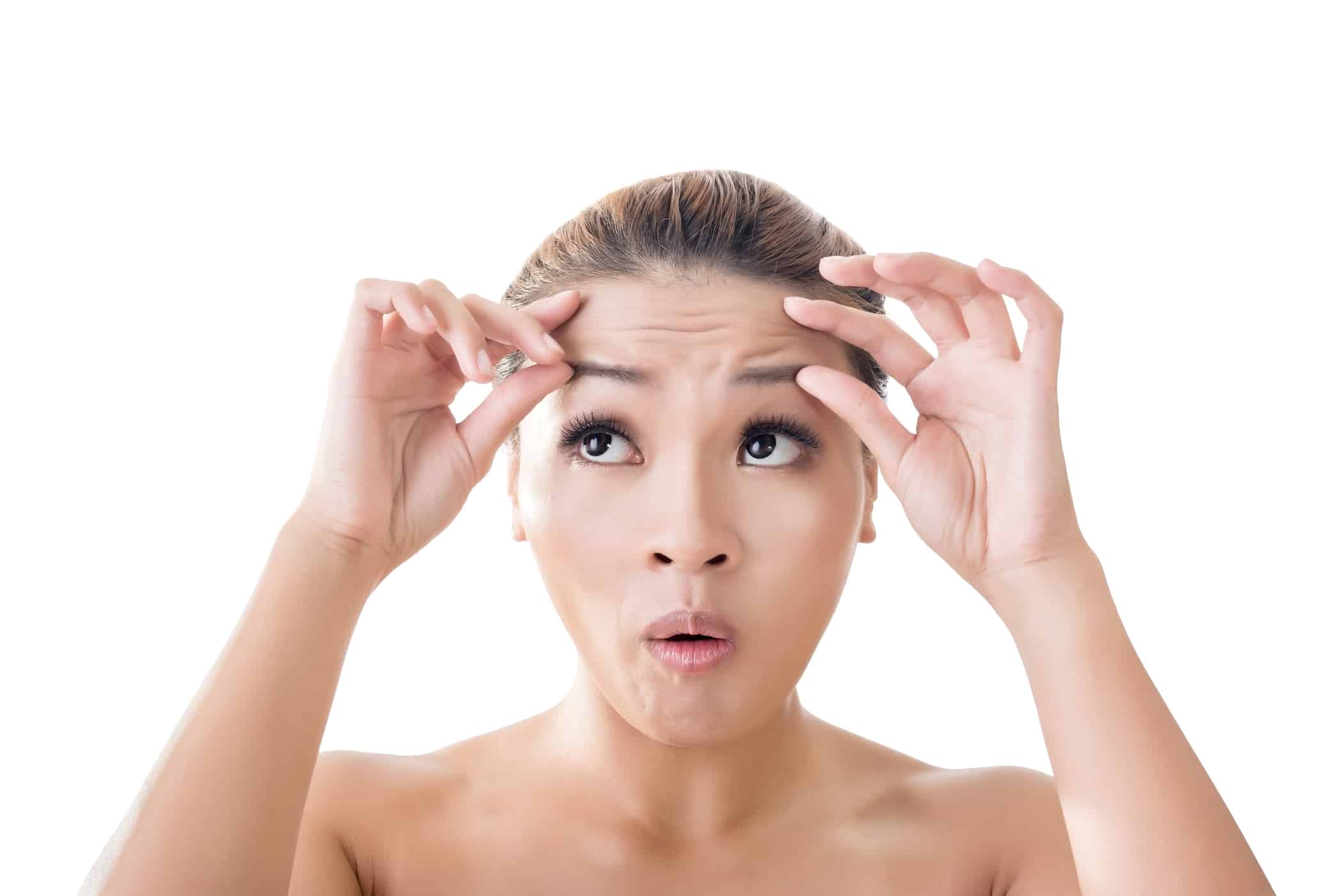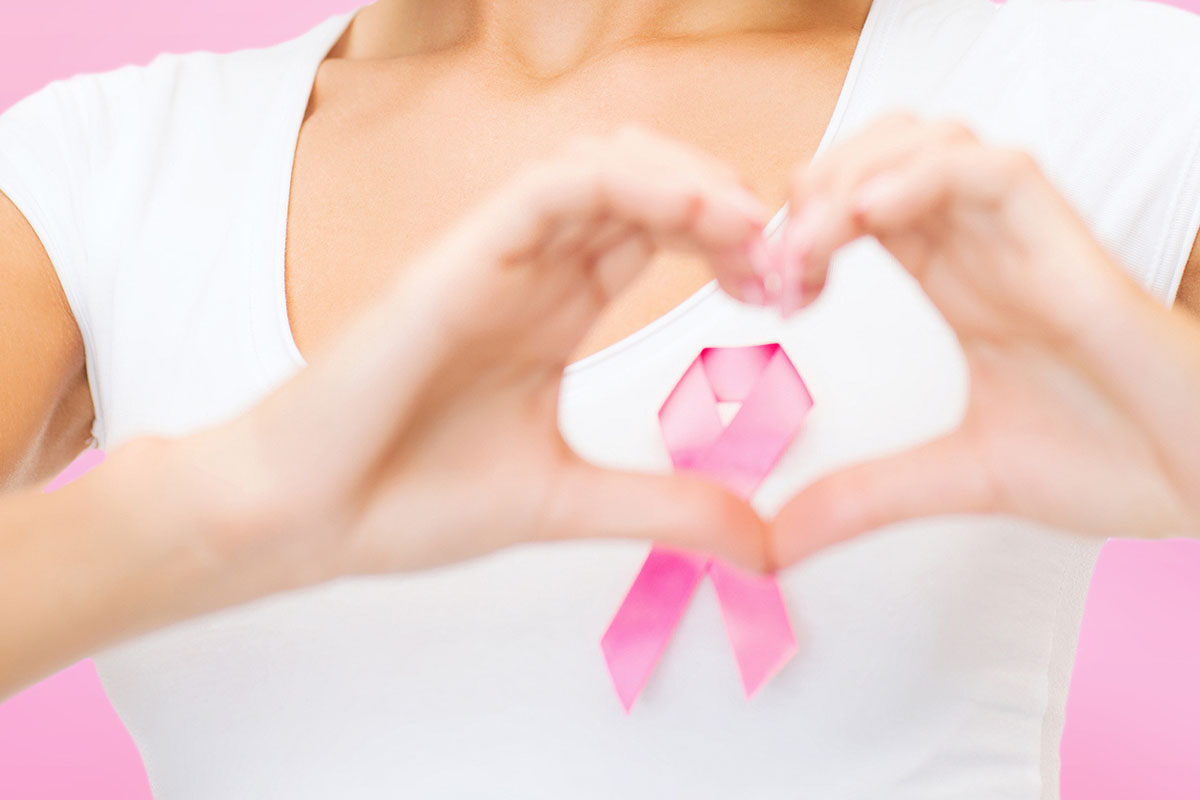Contents:
- Medical Video: 10 Signs You Might Have a Yeast Infection - Did You Experience These?
- What are the causes of vaginal yeast infection (vaginal yeast infection)?
- Symptoms of yeast infection in your vagina
- How to treatyeast infection?
- 1. Anti-fungal cream or suppository
- 2. Treatment that can be done at home
- Yogurt
- How to prevent ityeast infection?
- 1. Wear cotton underwear
- 2. Avoid fragrant products, soap, and detergents in your vagina
- 3. Maintain cleanliness in your vagina
- When should I check with the doctor to deal with ityeast infection?
Medical Video: 10 Signs You Might Have a Yeast Infection - Did You Experience These?
Symptoms yeast infection or vaginal yeast infections you need to know to distinguish it from other causes that make your vagina itchy. Yeast (yeast) is a mushroom that is naturally present in the vagina. Usually, this yeast is in the vagina in small amounts. If you have a vaginal yeast infection, it means that there are too many yeast cells in your vagina. This infection is very common. Although it is annoying, this infection is usually not serious. In addition, treatment for vaginal yeast infections is very easy.
What are the causes of vaginal yeast infection (vaginal yeast infection)?
Yeast infection can occur due to various reasons. Some women get this yeast infection during menstruation or during pregnancy due to hormonal changes. Some birth control pills can also increase the risk of yeast infections.
Yeast, or by Latin name Candida, is a mushroom that can live almost anywhere. This fungus is naturally present in your body, but your immune system still controls so that the fungus does not multiply uncontrollably.
Many factors can cause loss of the balance of bacteria and yeast in your vagina, which causes vaginal yeast infections. The following includes:
- You take antibiotics that help kill bacteria lactobacillus. These bacteria are good bacteria that control the amount of yeast in your vagina. If these bacteria do not control yeast enough in your vagina, then what happens is that the yeast in your vagina increases until it causes infection.
- Health conditions that affect your immune system, such as sexually transmitted diseases.
- Women who have diabetes, whose blood sugar is not well controlled are also prone to vaginal yeast infections. This is because the high sugar content helps to multiply the yeast.
Symptoms of yeast infection in your vagina
The following are signs if you have a vaginal yeast infection:
- Your vagina feels itchy often.
- Your vagina produces a liquid that is white, thick, lumpy, but does not smell.
- Your labia is red like irritation.
- Pain when you urinate, due to urine that touches irritated skin.
- Vaginal pain during intercourse.
How to treatyeast infection?
Mostly if there is a problem with your health, the first thing you do is look for drugs. The following drugs can treat vaginal yeast infections:
1. Anti-fungal cream or suppository
Medicines without a prescription to treat vaginal yeast infections are usually packaged in cream form, ointmentor suppository. You can get these medicines at the pharmacy or at the supermarket. Some of these drugs can usually cure vaginal yeast infections in one day, but some also take three days to seven days. Follow the instructions printed on the drug packaging and do not stop using the drug in accordance with the provisions even if you feel your vaginal yeast infection has healed. Usually, these drugs are effective for those who get this infection mildly or those who don't get yeast infections often.
2. Treatment that can be done at home
Even though drugs sold by pharmacies are methods that are almost certain to cure you, however, there is nothing wrong with trying natural remedies in your home. The following includes:
Tea Tree Oil (tea tree oil)
Tea tree oil is an essential oil derived from the tea tree, or in Latin called Melaleuca alternifolia. This oil has the ability to kill fungi, bacteria, and viruses. Some studies also show that incorporating tea tree oil as one of the suppositories for your vagina can help cure vaginal infections. Tea tree oil is also believed to help bacteria to balance yeast in your vagina.
Boric acid
Boric acid is a chemical that has an anti-bacterial element. This acid is often used as a suppository drug for yeast infections, which are usually used once a day for seven days. This boric acid is usually applied when other anti-fungal treatments cannot cure this yeast infection. However, boric acid can irritate the skin, and is toxic when taken or applied to open wounds. Therefore, it is better to consult a doctor first before trying this method.
Yogurt
Yogurt contains good bacteria, commonly called probiotics. Some of them, these bacteria also exist in the vagina, for example asacidophilus. As well as lactobacillus, asacidophilus also acts to balance the amount of yeast in your vagina. Therefore, scientists argue that eating yogurt, or supplements containing probiotics, can help balance the number of good bacteria that control the amount of yeast in your vagina.
How to prevent ityeast infection?
No matter if you have had a vaginal yeast infection or not, here are precautions you can take to avoid vaginal yeast infections:
1. Wear cotton underwear
Tight underpants, or made of nylon and polyester, can hold moisture. Yeast usually grows in a dark and damp place. Therefore, experts recommend that women wear wearing cotton, or at least cotton underwear in the groin area. Cotton can make more air flow to your genital area.
2. Avoid fragrant products, soap, and detergents in your vagina
Products like sanitary napkins added with fragrances, certain types of soap, and detergents can irritate your vagina, which causes an imbalance of bacteria in your vagina. Use products that are not added with perfume and cleanser which is intended for the vagina. Also avoid using powder or perfume spray into your genital area.
3. Maintain cleanliness in your vagina
The American College of Obstetricians ang Gynecologists (ACOG) recommends that women avoid using water spray on your vagina. This is because it can kill good bacteria in your vagina, which helps balance yeast in your vagina. Conversely, women are encouraged to clean the vagina with soap and water slowly.
When should I check with the doctor to deal with ityeast infection?
Do not diagnose yourself if you have a vaginal yeast infection. Keep consulting your doctor first even though you will carry out self-medication at home. It could be that you are infected with something else, not a yeast infection. Also talk to your doctor if home remedies or medicines without a doctor's prescription cannot cure you. Maybe you need a medication that must be prescribed by a doctor.
READ ALSO:
- Natural Treatment for Overcoming Itchy Vagina
- 8 Reasons Why Your Vagina Is Itchy
- How to distinguish normal and abnormal vaginal discharge

